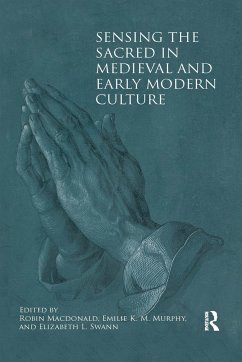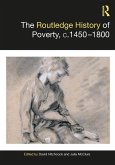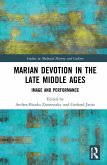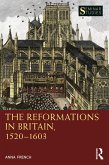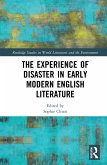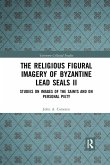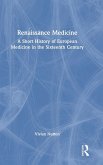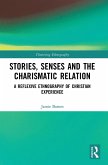This volume traces transformations in attitudes toward, ideas about, and experiences of religion and the senses in the medieval and early modern period. Broad in temporal and geographical scope, it challenges traditional notions of periodisation, highlighting continuities as well as change. Rather than focusing on individual senses, the volume's organisation emphasises the multisensoriality and embodied nature of religious practices and experiences, refusing easy distinctions between asceticism and excess. The senses were not passive, but rather active and reactive, res-ponding to and initiating change. As the contributions in this collection demonstrate, in the pre-modern era, sensing the sacred was a complex, vexed, and constantly evolving process, shaped by individuals, environment, and religious change. The volume will be essential reading not only for scholars of religion and the senses, but for anyone interested in histories of medieval and early modern bodies, materialculture, affects, and affect theory.
'... this volume is an excellent and original collection which offers a new and fresh approach to medieval and early modern sensory and religious history. One of its many strengths is that it presents new arguments against the progressive disembodiment of religious belief in highlighting the role the senses played in religious belief and experience. Additionally, it provides fresh methodology to tackle the problems embedded in Sensing the Sacred'- Emotions: History, Culture, Society 3 (2019).
'[The book's] clear focus on what it means to sense the sacred lends a tight coherence to the volume and makes an important intervention into the complex interdisciplinary space of how the senses functioned historically within religious experience: exploring "convergences between theories about the spiritual and physical senses...the formation of confessional identities, the construction of sacred space, and the nature of virtue"' - Renaissance Studies Volume 34, Issue 3
'[The book's] clear focus on what it means to sense the sacred lends a tight coherence to the volume and makes an important intervention into the complex interdisciplinary space of how the senses functioned historically within religious experience: exploring "convergences between theories about the spiritual and physical senses...the formation of confessional identities, the construction of sacred space, and the nature of virtue"' - Renaissance Studies Volume 34, Issue 3

